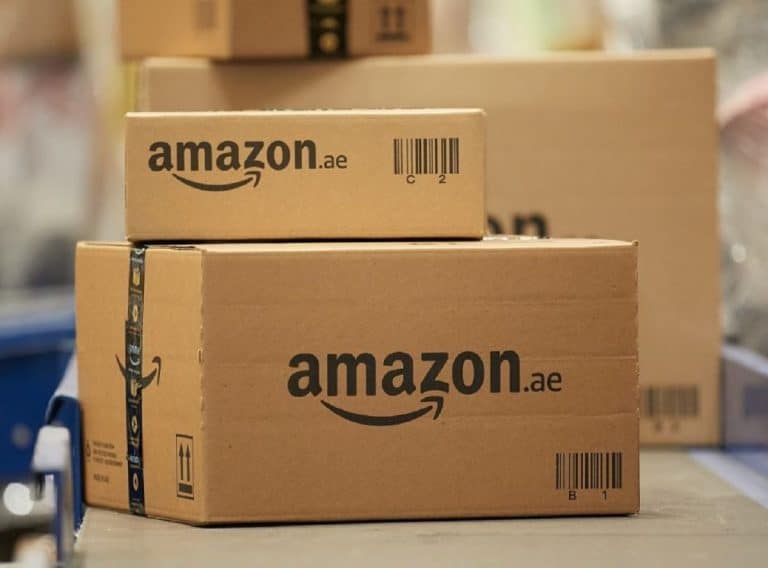The Federal Trade Commission (FTC) and attorneys general of 17 United States of America states have sued Amazon.com, alleging that the world’s biggest online retailer is involved in practices and strategies that are anti-competitive and unfair to illegally maintain its monopoly power.
The FTC and its state partners say Amazon’s actions allow it to stop rivals and sellers from lowering prices, degrade quality for shoppers, overcharge sellers and prevent rivals from fairly competing against Amazon.
FTC Chairman Lina Khan said: “The complaint sets forth detailed allegations noting how Amazon is now exploiting its monopoly power to enrich itself while raising prices and degrading service for the tens of millions of American families who shop on its platform and the hundreds of thousands of businesses that rely on Amazon to reach them.
17 states sue Amazon
“Our complaint lays out how Amazon has used a set of punitive and coercive tactics to unlawfully maintain its monopolies.
“Today’s lawsuit seeks to hold Amazon to account for these monopolistic practices and restore the lost promise of free and fair competition.”
The FTC said: “Amazon violates the law not because it is big, but because it engages in a course of exclusionary conduct that prevents current competitors from growing and new competitors from emerging.
“By stifling competition on price, product selection, quality, and by preventing its current or future rivals from attracting a critical mass of shoppers and sellers, Amazon ensures that no current or future rival can threaten its dominance.”
The FTC and states allege Amazon’s anti-competitive conduct occurs in two markets – the online superstore market that serves shoppers and the market for online marketplace services purchased by sellers.
These tactics include anti-discounting measures that punish sellers and deter other online retailers from offering prices lower than Amazon, keeping prices higher for products across the internet.
For example, if Amazon discovers that a seller is offering lower-priced goods elsewhere, it can bury discounting sellers so far down in its search results that they become effectively invisible.
It also includes conditioning sellers’ ability to obtain “Prime” eligibility for their products, a virtual necessity for doing business on Amazon, on sellers using Amazon’s costly fulfilment service, which has made it substantially more expensive for sellers on Amazon to also offer their products on other platforms.
This unlawful coercion has in turn limited competitors’ ability to effectively compete against Amazon, it is claimed.
“In a competitive world, a monopoly hiking prices and degrading service would create an opening for rivals and potential rivals to grow and compete,” Khan said.
“But Amazon’s unlawful monopolistic strategy has closed off that possibility, and the public is paying dearly as a result.”
FTC also alleged that Amazon disregards the customer experience by replacing relevant, organic search results with paid advertisements – and deliberately increasing junk ads that worsen search quality.
The company has also been accused of biasing Amazon’s search results to prefer Amazon’s own products over ones that it knows are of better quality.
Amazon is also said to charge costly fees to its sellers who have no choice but to rely on Amazon to stay in business.
These fees range from a monthly fee to advertising fees that have become virtually necessary for sellers to do business.
FTC estimates many sellers are forced to pay close to 50 per cent of their total revenues to Amazon.
Last quarter, Amazon reported $32.3bn in revenue from third-party services.
An Associated Press story said according to Institute for Local Self-Reliance, an anti-monopoly organisation, the fees cost US sellers 45 per cent of their revenue in the first half of this year. It was 35 percent in 2020 and 19 percent in 2014.
Amazon had not responded to requests for comment from various news channels and agencies by late Tuesday night.








